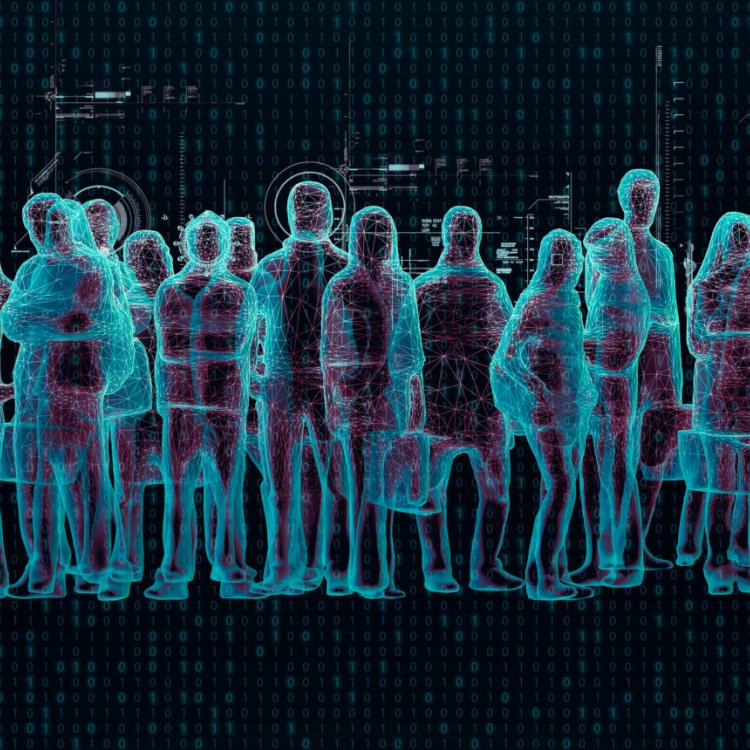Ecological systems are dynamic and complex. Many ecosystems support human food production and in turn are impacted by human food production activity. This creates feedback loops between ecosystems, human society and our agriculture, that are typical of complex systems. Ecosystem and social system modelling therefore, including simulation, can play a key role to understand food production and ecosystem interactions.
Research projects in Information Technology
Displaying 71 - 80 of 197 projects.
Formal Explainability in Artificial Intelligence
Artificial Intelligence (AI) models are widely used in decision making procedures in many real-world applications across important areas such as finance, healthcare, education, and safety critical systems. The fast growth, practical achievements and the overall success of modern approaches to AI guarantees that machine learning AI approaches will prevail as a generic computing paradigm, and will find an ever growing range of practical applications, many of which will have to do with various aspects of humans' lives including privacy and safety.
Large language models for detecting misinformation and disinformation
The proliferation of misinformation and disinformation on online platforms has become a critical societal issue. The rapid spread of false information poses significant threats to public discourse, decision-making processes, and even democratic institutions. Large language models (LLMs) have shown tremendous potential in natural language understanding and generation. This research aims to harness the power of LLMs to develop advanced computational methods for the detection and mitigation of misinformation and disinformation. More specific objectives are:
Platforming participatory research data governance
Research data governance is an under-explored issue, and technical infrastructures to support the transparency and control of data collected in human research studies (from medicine to social sciences) focus primarily on the researchers rather than the people whose data has been collected. While data protection legislation worldwide is increasingly regulating what companies can do with their customers' data and providing legal mechanisms for customers to access and control such data, the same cannot be said for data collected in research studies.
AI-augmented coaching, reporting and its assessment
This project will develop general cutting edge generative AI and natural language processing methods to advance AI-augmented human-in-the-loop coaching and associated training planning and outcome reporting.
Brain network mechanisms underlying anaesthetic-induced loss of consciousness
Model-based depth of anaesthesia monitoring
Epileptic Seizure Prediction
Seizure prediction algorithms will be developed using the one-of-a-kind ultra-long-term human intracranial EEG dataset obtained from the Neurovista Corporation clinical trial of their Seizure Advisory System, or data from other implantable or wearable devices. This involves consideration of both feature-based machine learning or data science approaches and neural mass parameter estimation approaches to classify the EEG and predict seizures. Recent approaches focus on critical slowing as a marker for seizure susceptability and the influence of brain rhythms.
Securing Generative AI for Digital Trust
End-to-End Prediction and Optimisation
Optimisation methods, such as mixed integer linear programming, have been very successful at decision-making for more than 50 years. Optimisation algorithms support basically every industry behind the scenes and the simplex algorithm is one of the top 10 most influential algorithms. Major success stories include rostering nurses in hospitals, managing chains of organ transplants, planning production levels for manufacturing, routing delivery trucks for transport, scheduling power stations and electricity grids, to name just a few.


